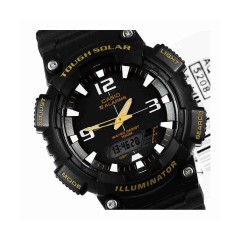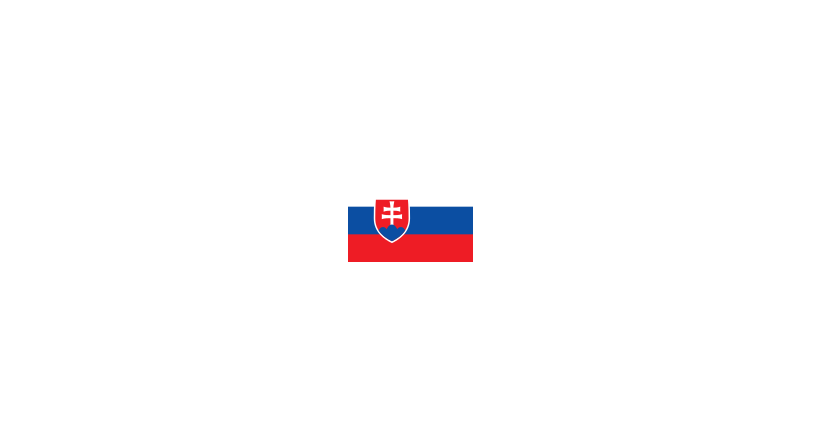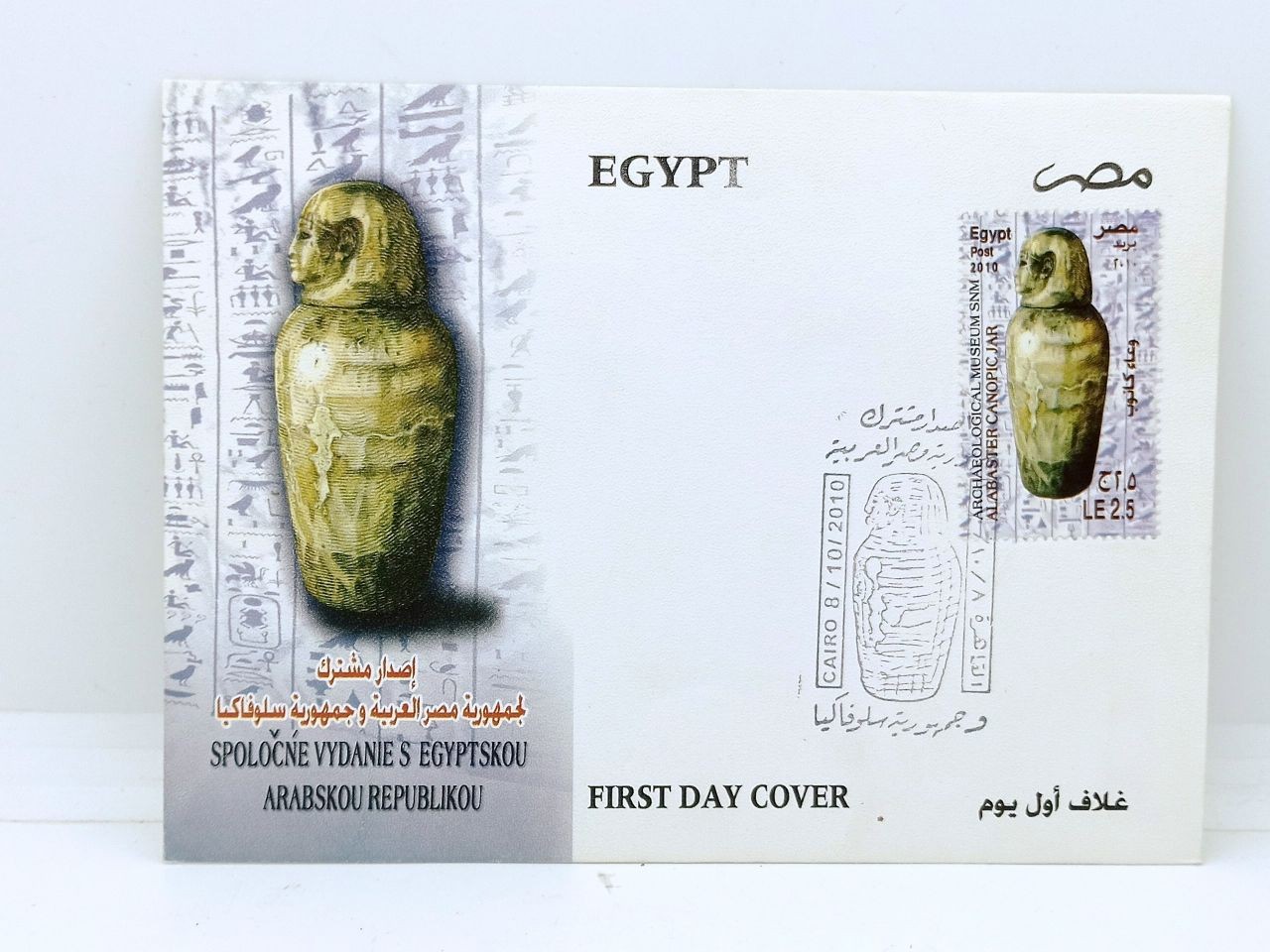Is a landlocked country in Central Europe. It is bordered by Poland to the north, Ukraine to the east, the Czech Republic to the west, Hungary to the south, and Austria to the southwest. Slovakia's territory spans about 49,000 square kilometres (19,000 sq mi) and is mostly mountainous. The population is over 5.4 million and consists mostly of Slovaks. The capital and largest city is Bratislava, second largest city is Košice. The official language is Slovak.
The Slavs arrived in the territory of present-day Slovakia in the 5th and 6th centuries. In the 7th century, they played a significant role in the creation of Samo's Empire and in the 9th century established the Principality of Nitra. In the 10th century, the territory was integrated into the Kingdom of Hungary. After World War I and the dissolution of the Austro-Hungarian Empire, the Slovaks and Czechs established Czechoslovakia (1918–1939). A separate (First) Slovak Republic (1939–1945) existed during World War II as a totalitarian one-party client state of Nazi Germany. At the end of World War II, Czechoslovakia was re-established as an independent country. A coup in 1948 ushered in a totalitarian one-party state under the Communist regime during whose rule the country existed as a satellite of the Soviet Union. In 1989, the Velvet Revolution ended the Communist rule in Czechoslovakia. Slovakia became an independent state on 1 January 1993 after the peaceful dissolution of Czechoslovakia, sometimes known as the Velvet Divorce.
Slovakia is a high-income advanced economy with a very high Human Development Index,a very high standard of living and performs favourably in measurements of civil liberties, press freedom, internet freedom, democratic governance and peacefulness. The country maintains a combination of market economy with a comprehensive social security system. Citizens of Slovakia are provided with universal health care, free education and one of the longest paid maternity leave in the OECD. The country joined the European Union in 2004 and the Eurozone on 1 January 2009.Slovakia is also a member of the Schengen Area, NATO, the United Nations, the OECD, the WTO, CERN, the OSCE, the Council of Europe and the Visegrád Group. Although regional income inequality is high, 90% of citizens own their homes. In 2018, Slovak citizens had visa-free or visa-on-arrival access to 179 countries and territories, ranking the Slovak passport 10th in the world. Slovakia is the world's largest per-capita car producer with a total of 1,040,000 cars manufactured in the country in 2016 alone and the 7th largest car producer in the European Union. The car industry represents 43% of Slovakia's industrial output, and a quarter of its exports.





